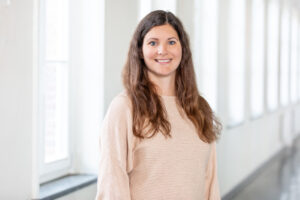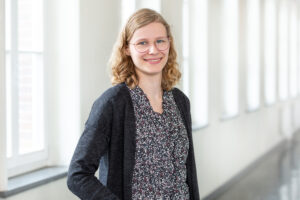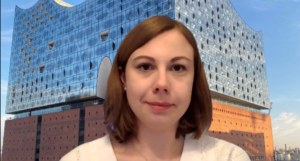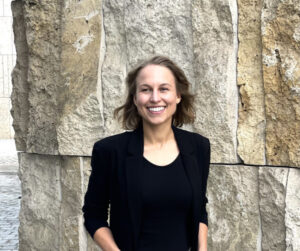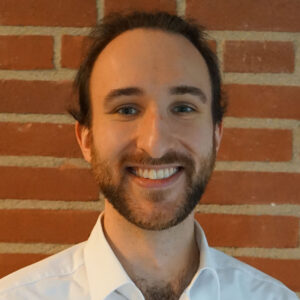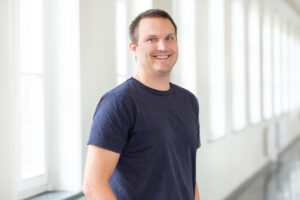Alumni - PhDs/PostDocs

Denise Heim, former postdoc Fischer lab
University Medical Center Hamburg-Eppendorf, UKE
At DEEP-DV, Denise was responsible for scientific administration and public relations. During the first funding period. Since 2026, she has focused on tasks in the diagnostic laboratory at the Institute of Medical Microbiology, Virology and Hygiene. Her work involves implementing the IVDR guidelines in accordance with EU regulations on in vitro diagnostic medical devices. She is still a DEEP-DV member and supports our research unit whenever needed.
Hella Schwanke completed her PhD at the TU Braunschweig in the group of Melanie Brinkmann (P01), where she focused on the molecular mechanism of immune evasion mediated by the M35 protein of murine cytomegalovirus. Hella investigated the direct binding of M35 dimers to regulatory DNA elements and the resulting influence on the binding of the transcription factor interferon regulatory factor 3 (IRF3) to these sequences. Using methods such as RNAseq, SLAMseq, and ChIPseq, Hella could demonstrate in close collaboration with DEEP-DV groups that M35 affects the expression of the type I interferon Ifnb1 as well as other IRF3-dependent genes. Her study was published in the Journal of Virology (PDF) and in a review article (PDF).
Hella currently works as a biologist in a diagnostic institute for haematological diseases.
Denise Ohnezeit started as a PhD student in Nicole Fischer’s group in P04, working on the manipulation of the host response by human polyomaviruses. Denise graduated in late summer 2022 and joined the labs of Angus Wilson and Ian Mohr at NYU, New York in summer 2023 as a postdoctoral researcher. There, Denise continues her passion for genome-wide analysis of the host response altered by chronic DNA viruses, now focusing on large nuclear DNA viruses.
Anna Katharina Kuderna carried out her PhD research at the Institute of Virology, Ulm University Medical Center (group of Thomas Stamminger). She focused on chromatin remodelers like PHF13, TRIM28, and the HUSH complex in the context of human cytomegalovirus (HCMV) infection. Her work explored their interconnected roles in transposable element regulation, interferon-stimulated gene expression, and their impact on lytic viral replication. She is now planning to advance her career in the biotechnology industry.
Alessandro was a postdoctoral fellow in the Schreiner lab at the Hannover Medical School. As his PhD training was already in the organoid field, he worked on human organoid models as infection models for adenovirus infections and immune responses.
Due to this very applied and cutting-edge field of research, Alessandro became a project manager at Partex.

